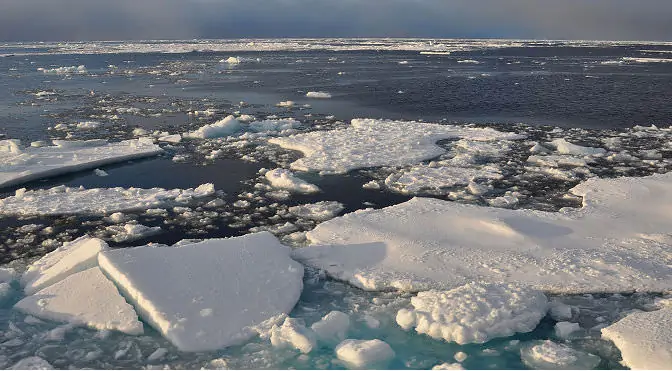On 9 May 2015 took place an impressive military parade in Moscow to celebrate the 70th anniversary of the end of the Second World War. The parade was presided by the Russian President Vladimir Putin, and by its guests, dozens of heads of state and government. At his right hand were seated Xi Jinping, President of the Popular Republic of China, and Pranab Mukherjee, President of India (“Russia stages massive WW2 parade despite Western boycott”, BBC News, 9 May 2015). Western governments were not represented during the parade itself, because of the tensions about the situation in Ukraine. Two months later, President Xi Jinping, the Indian Prime Minister Rajendra Modi and President Putin held talks about the development of the relations …
Continue reading “China, Russia and the New Silk Road in Central Asia: the Great Co-Empowerment (1)”











